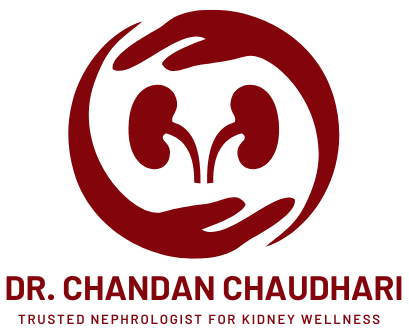Chronic Kidney Disease (CKD) Management
Chronic Kidney Disease (CKD) Management
Chronic Kidney Disease
Treatment in Mumbai
What is Chronic Kidney Disease (CKD)
Chronic Kidney Disease (CKD) is a progressive condition characterized by the gradual loss of kidney function in filtering out waste, toxins, and excess fluid from the blood. It develops much more insidiously, particularly in individuals with diabetes, hypertension, or a family history of kidney issues. As kidney function declines, harmful substances can build up in the body, leading to serious complications.
Many people with early-stage CKD feel fine and are unaware they have it. That’s why regular screenings and check-ups are so important—especially if you have risk factors.
- CKD usually progresses in 5 stages, from mild to kidney failure.
- Early treatment can protect kidney function and avoid complications.
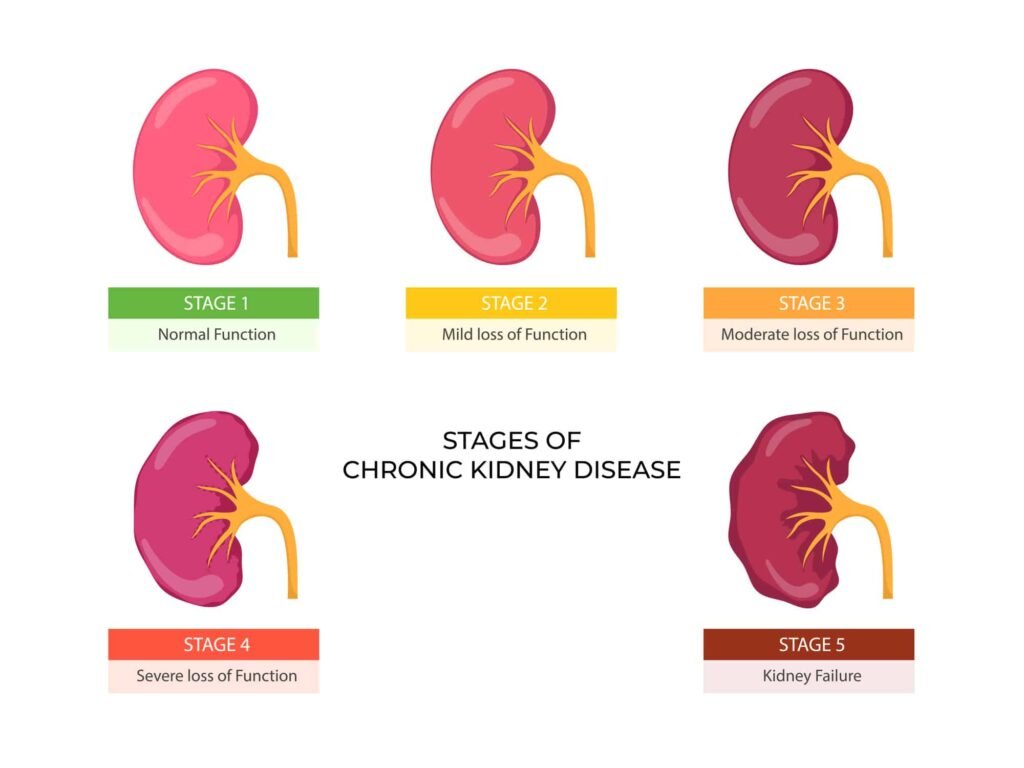
Symptoms Of Chronic Kidney Disease
Symptoms Of Chronic Kidney Disease
You may not notice symptoms in the beginning. But as kidney function declines, you might experience:
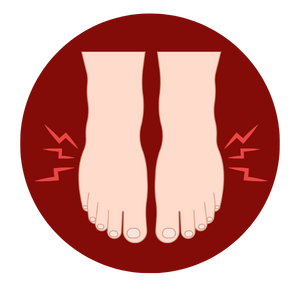
Swelling in the feet
or ankles
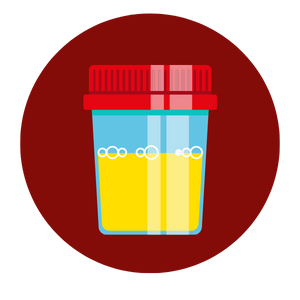
Foamy or
frequent urination
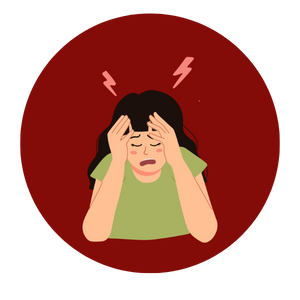
Difficulty concentrating
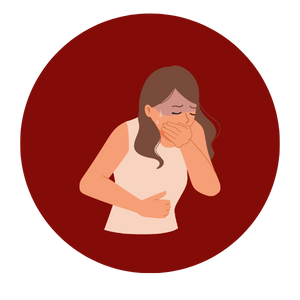
Nausea or loss
of appetite
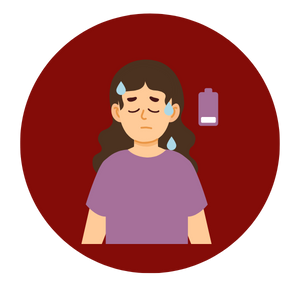
Fatigue and weakness
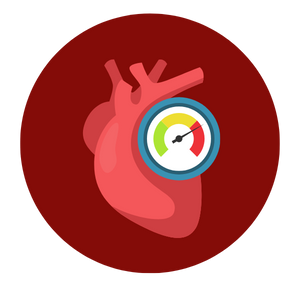
High blood pressure
SYMPTOMS of Chronic Kidney Disease
You may not notice symptoms in the beginning. But as kidney function declines, you might experience:
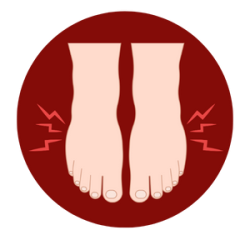
Swelling in the feet or ankles
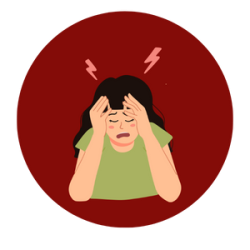
Difficulty concentrating
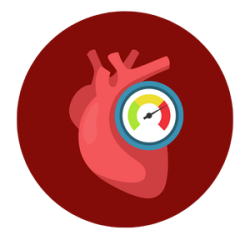
High Blood Pressure
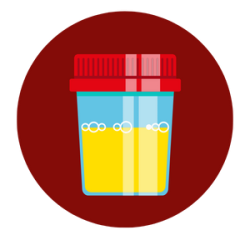
Foamy or frequent urination
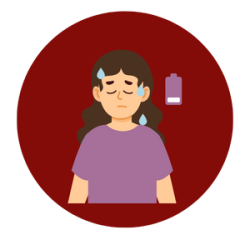
Fatigue and weakness
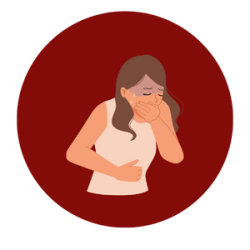
Nausea or loss of appetite
Stages of Chronic Kidney Disease
CKD progresses in 5 stages based on your eGFR (Estimated Glomerular Filtration Rate). Knowing your stage helps guide the best course of treatment.
Normal Function, Early Signs
Kidneys work normally but may show signs of damage.
- (eGFR ≥ 90)
Mild Function Loss, No Symptoms
- Slight drop in kidney function with little to no symptoms.
- (eGFR 60–89)
Moderate Decline, First Symptoms
Kidney filtering slows, and symptoms like swelling or tiredness may start.
- (eGFR 30–59)
Severe Decline, Close Monitoring
Function is significantly reduced.
- (eGFR 15–29)
Kidney Failure, Full Support
Kidneys can no longer filter waste effectively.
- (eGFR < 15)
Diagnosis For Chronic Kidney Disease
Diagnosis begins with a detailed consultation, followed by these tests. Dr. Chandan takes time to explain each step, so you’re never in the dark about your condition.
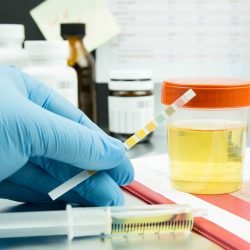
Urine Test (Urine Albumin or Protein)
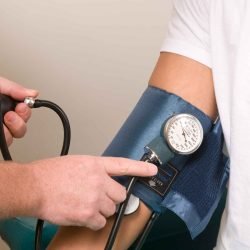
Blood Pressure Monitoring
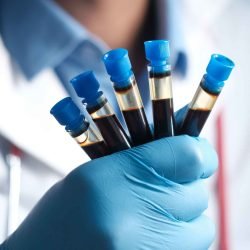
Blood Tests (Serum Creatinine & eGFR)
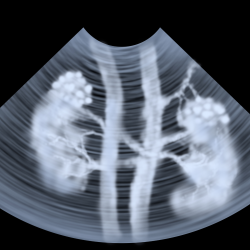
Kidney ultrasound or imaging
Treatment for Chronic Kidney Disease
Lifestyle & Diet Modifications
Personalized guidance on salt, protein, and fluid intake to reduce kidney strain and control blood pressure.
Medication Management
Prescribing kidney-friendly medications and adjusting doses to protect remaining kidney function.
Monitoring & Regular Follow-ups
Stage-wise monitoring of kidney function, blood pressure, and electrolytes to catch issues early.
Dialysis Planning or Transplant Evaluation (if needed)
For advanced stages, timely planning for dialysis or transplant referrals ensures smoother transitions.
Why Choose Dr. Chandan Chaudhari?
Trusted care begins with a doctor who listens, explains, and truly understands. Dr. Chandan combines medical expertise with a compassionate approach to guide you through every stage of your kidney health journey.
Trusted Care for Chronic Kidney Disease
Dr. Chandan Chaudhari provides expert care for chronic kidney disease (CKD), offering treatments designed to slow progression and improve kidney function.
Strong Medical Expertise
As an MBBS, MD, and DNB-qualified nephrologist, Dr. Chandan follows international treatment guidelines to ensure safe and effective outcomes.
Experience That Brings Hope
With extensive experience in CKD management, he focuses on early diagnosis, dietary guidance, and continuous monitoring to maintain kidney health.
Open & Supportive Communication
He explains each stage of CKD clearly, helping patients understand how to manage their condition confidently.
Frequently Asked Questions [FAQ's]
about Chronic Kidney Disease
We understand that kidney conditions can be confusing. Here are answers to some of the most common questions patients ask us.
What causes CKD?
The most common causes are diabetes and high blood pressure. Other causes include genetic conditions, long-term use of painkillers, and repeated kidney infections.
Can CKD be cured?
CKD can’t be reversed, but it can be slowed or managed effectively to prevent progression to kidney failure.
Do I need dialysis immediately if I have CKD?
Not necessarily. Dialysis is only needed in late stages. Early diagnosis and lifestyle changes can help delay or avoid it.
What foods should I avoid with CKD?
You may need to limit salt, potassium, phosphorus, and protein depending on your stage. A renal dietitian can guide you best.
How often should I get my kidneys checked?
If you’re at risk (diabetic, hypertensive, or have family history), at least once a year. If diagnosed with CKD, regular follow-ups are essential.
Why Early CKD Management Matters?
Even if you feel healthy, early care can protect your kidneys from further damage. CKD doesn’t always come with symptoms until it’s too late. That’s why taking action early is key.
